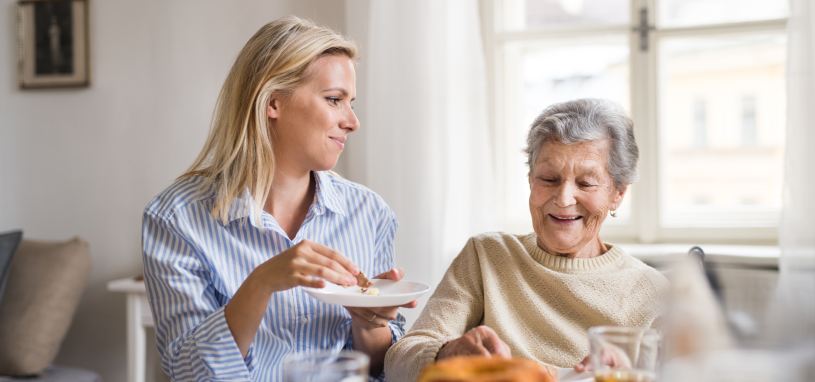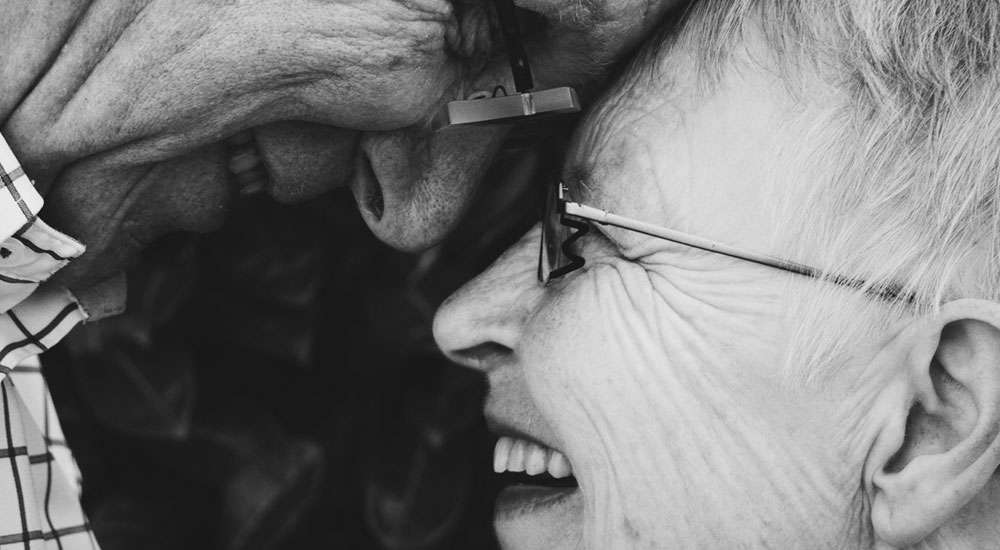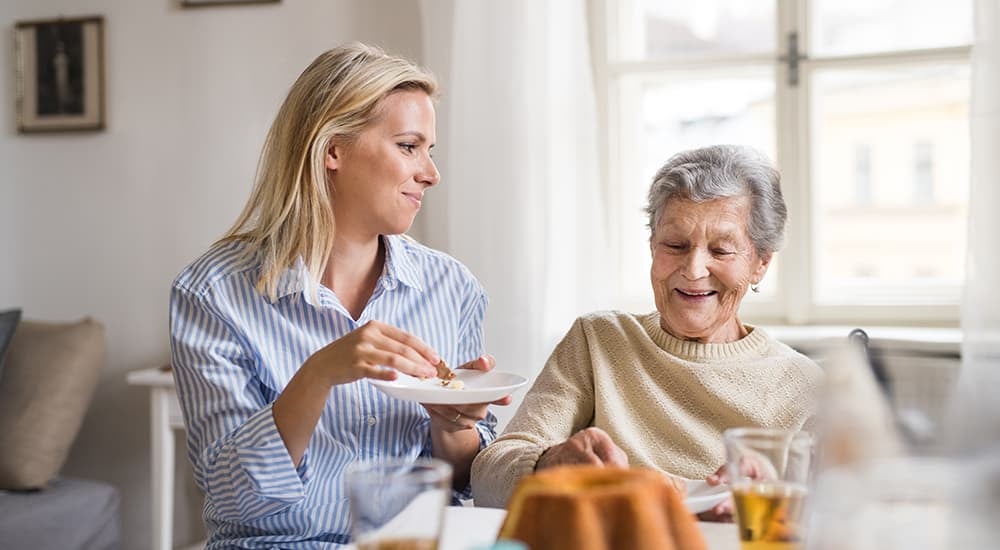Planning for care is usually the last thing many want to think about. The people who have cared for you all your life are now in a position where they need care themselves. It is not easy a reality to come to terms with, both for you and your loved ones themselves.
However, it is always good to plan ahead. It doesn’t necessarily have to be a residential aged care facility straight away – in-home care is always an option and has been the preferred choice of many seniors as of late.
Understandably so – your loved one is able to stay at home and remain independent at a place they are familiar with, for as long as circumstances allow. Who doesn’t like that?
The thing is, how do you know when is the time to step in, to bring in in-home care for them? Here are 10 signs that will help you identify when exactly your loved one needs home care:
1. Forgetfulness
This is perhaps the easiest sign to notice about your aging loved one. If they start to forget taking their medication or pay their bills, and you notice that this is not just a once-off slip of the mind, then it is time to consider engaging in-home care for them.
Other instances could be forgetting to lock the door, turning off the stove, getting lost in familiar surroundings etc. If this is the case, you shouldn’t delay any more in engaging home care help as it could be dangerous to leave them alone at home.
Also, do note that forgetfulness may actually be symptoms of dementia or Alzheimer’s so you may want to get your loved one checked on that too. If that happens to be the case, the more you should engage dementia care for them as soon as possible.
2. Drastic Changes in Weight
This is another sign that your loved one is in need of in-home care. If you notice that they have suddenly lost or gained a drastic amount of weight, it is a sign that they have not been eating properly and healthily.
As with the above, this could be an early sign of dementia or even depression so immediate action is required from you. An in-home carer will be able to make sure that your loved one is well and properly fed (regularly on time as well) since the carer will be the one preparing the meals.
Do not worry about improper nutrition as professional carers are able to prepare meals that are nutritious and suitable for seniors. They can help with grocery shopping too, so your loved one does not need to do that themselves.
3. Poor Personal Hygiene
Dirty hair and unbrushed teeth? Not changing clothes for several days, body odour, dirty hands and nails? These are all warning signs that your loved one is getting gradually incapable of taking care of themselves anymore without external help.
It’s time to engage personal care services to assist your loved one in that department.
4. Poor Housekeeping and Lawn Maintenance
On the same note, if you start to notice dirty dishes piling up in the sink, a room that has not been dusted in months, more clutter than normal and dirty surfaces etc., it’s a sign that your loved one is struggling to live their lives well.
Likewise, an unkempt lawn also indicates the same, that it may be too much work for them to maintain so getting domestic assistance at this stage will be a good idea.
5. Broken Appliances
Again, things around the house are always a good indication of how well your loved one is managing themselves.
If you find broken appliances i.e. broken refrigerator, heater or air-conditioning not getting repaired or replaced for a prolonged period, it may be time to question your loved one’s ability to manage their household and subsequently, themselves.
6. Bruises and Injuries
Do you start to notice more and more bruises appearing on their body? Or that they always have an injury here and there, even though they are all rather minor?
Do not just brush them off. In fact, it might indicate that there has already been changes in your loved one’s mobility, something they may not disclose to you.
With an in-home carer, they will be able to assist with things like going up and down the stairs or help with daily house chores so as to limit the chance of your loved one hurting him/herself.
7. Unsteady Mobility
Speaking of mobility, here’s something you should know.
Many elders suffer hip fractures or brain injuries as a result of falling at home. It could be due to body weakness or poor eyesight, with imbalance and household hazards also contributing to their falling.
If you cannot be home 24/7 to keep an eye on them, having an in-home carer will be a good idea because they can provide immediate assistance or call for help if there is an accident i.e. your loved one falls down.
8. Illness or Surgical Recovery
Your loved one falling ill or having to recover from a surgery is also a good time to engage in-home care for them.
In-home carers will be able to, on your behalf, assist with personal hygiene, medication reminders, housekeeping and meal preparation so that your loved one can recover safely and properly in the comfort of their own home. This will greatly reduce the chance of their condition deteriorating or them having to be readmitted to the hospital, compared to them recovering at home just by themselves.
9. Emotional Changes – Depression and Isolation
If you notice your loved one getting more and more subdued or, contrastingly, they seem to get agitated easily, perhaps getting them companionship in the form of an in-home carer will help if you are not able to accompany them more.
A professional caregiver does not just do house chores or remind a person to take their medicine only – they provide invaluable companionship too.
Accompanying your loved one to do some gardening, having a coffee with them and taking a walk in the park can be all part of the scope as well. This will help fend off loneliness and isolation, feelings of which will lead to depression eventually and are commonly experienced by aging seniors.
10. Major Health Concerns
While it is suggested that residential aged care homes are more suitable if chronic illnesses are involved, it doesn’t mean that in-home care is totally out of the question immediately.
Circumstances allowing, services like palliative care or around-the-clock care can actually cover the majority of daily help required so if staying at home is your loved one’s preference, you can still help make it happen.






